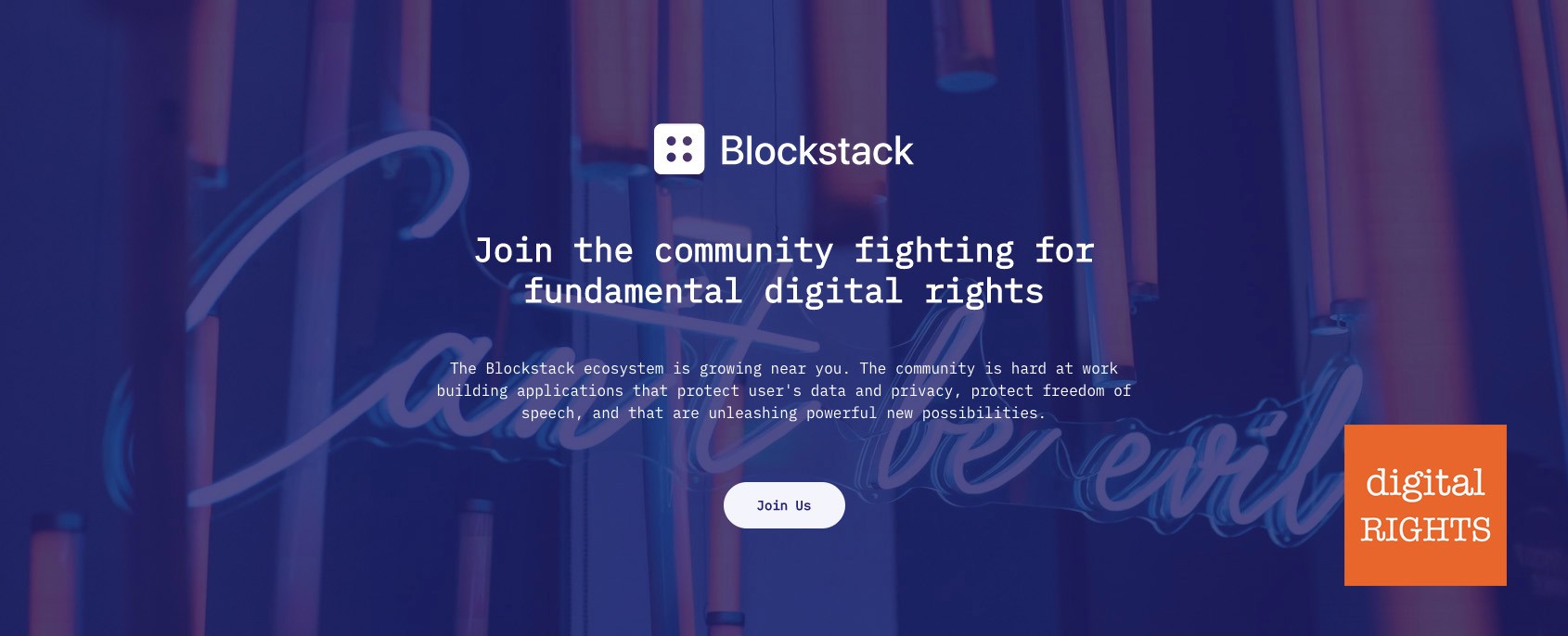
Apr 29•4 min read
Why Digital Rights Matter

Free Citizens in the global Digital World
These lines aim to bring a reflection that needs to be faced. If we want to be Free Digital Citizens in the World Wide Web, we need to understand and start reclaiming our Rights. I would actually like to trigger discussions and comments, and I would most greatly appreciate the inputs from members of different cultures, as I am trying to define very basic concepts which concern any human being using the Internet anywhere in the world.
Citizenship
There are many definitions of “Citizenship” out there, and if you search 'digital citizenship' on your browser you will find that this is a concept used in education to set educational rules and programs for the use of the Internet. Nevertheless this is based on a secondary definition of Citizen (the quality of an individual's response to membership in a community) and it overrides the first and essential meaning I am addressing here: the status of being a citizen (an inhabitant of a city or town, especially one entitled to the rights and privileges of a free man). And this is a major discussion we cannot postpone.
According to the original Ancient Roman concept, a Citizen is an identified human being who enjoys freedoms and rights recognised in the City he belongs to. Such rights were enforceable in Antiquity like Fundamental Rights are acknowledged and enforceable in our countries today.
In today's Digital world, we may agree that a Citizen is a human being with fundamental rights when using digital tools to communicate “on the Internet, digital devices, smart devices and other technologies” (see 'Digital World' on Wikipedia).
Freedom
In Ancient Rome, any Citizen (“cives”) was free (“liber”) by definition, in opposition to the rest of human beings who were slaves. Their condition was supposed by the Law that applied in all Roman territories.
Today in the physical world, citizens are free only when Fundamental Rights are supported by the Law in the territory/country they belong to.
In the Digital wold, the global space where we communicate through different technologies, no rules have been set to defend our rights, so it’s like if we didn’t have those rights. And as our fundamental rights dissolve when entering the digital world, we lose control of our identity and our data, and we become just necessary players for the ‘game’ to keep going on.
Therefore, we can wonder if we have somehow been enslaved. Is there a way to use technology and benefit from the communication capabilities of the Internet as real free users? If so, how?
Fundamental Rights
This is a crucial point in human history as Human communication is becoming increasingly more dependant in technology, especially in the use of the Internet.
In this new global digital setting we need to define the fundamental rights of every individual user. We need to go beyond declarations of Human Rights which have proven not to be useful enough. We need to agree and approve universal Laws following Protocols that defend the fundamental rights which are essential to every human being interacting with technology.
I envision interdisciplinary teams, including Philosophers, Technologists, Lawmen, etc. from different cultures, working on the definition of an enforceable digital citizenship worldwide, to defend users in their relationships and from technology abuses. We have no time to look elsewhere, or we may loose the chance to preserve the Fundamental Rights we have conquered. Everyone needs to defend his/her own rights.
Get involved and spread the discussion!
by Mirlo, a proud member of the Blockstack Community, “It’s all about Fundamental Rights!”
P.S. As I write these lines many great things are happening in the Blockstack community that bring me hope. Moreover, a browser is being built for the new Internet to defend our digital rights and data.
